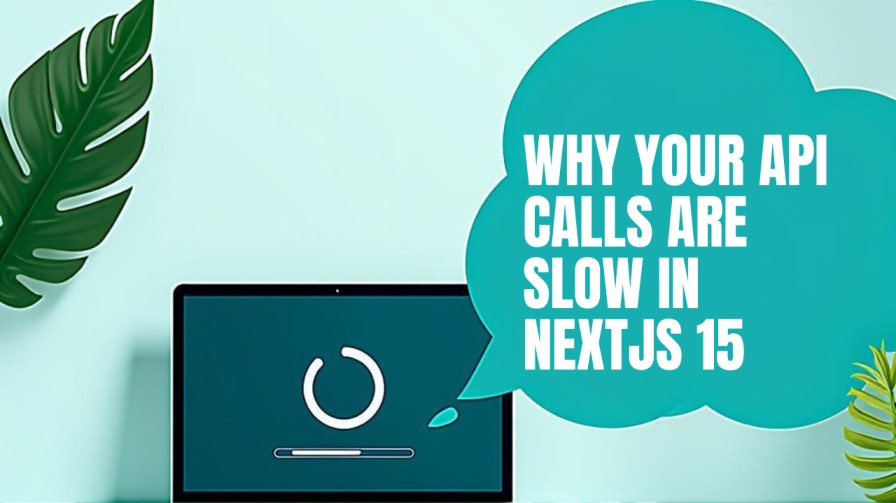How i Handle Messy Code Without Losing My Mind

Let’s talk about something nearly every developer dreads: running into messy code. Maybe it’s a huge, spaghetti-like file you inherited from someone else. Maybe you wrote it yourself a while back during an all-nighter and now it looks like a puzzle with half the pieces missing. However it happens, messy code can be stressful, confusing, and seriously overwhelming.
But here’s the thing: messy code is just a fact of life if you’re working in software. Nobody writes perfect code all the time. Projects evolve. Teams change. Deadlines sneak up. And sometimes, things just get rushed. It happens.
So, how do you actually handle it—both in the code, and in your head? If you’re feeling stuck or embarrassed, or even a little lost, believe me, you’re not alone. Here’s what I do (and recommend) when I find myself staring at a wall of code that desperately needs cleaning up.
1. Take a Step Back and Breathe
First, don’t panic. You might be thinking, “This is a disaster, how am I supposed to fix this?” I get it. But panicking only makes it harder to see clearly. Remind yourself: this is just code. It might be messy, but it’s not unsolvable. Take a deep breath, maybe grab a coffee or some water, and try to get into the mindset of a detective rather than a critic.
It also helps to accept that messy code isn’t a personal failure. It happens to everyone. Your favorite programmer probably has some embarrassing code hidden somewhere, trust me.
2. Read the Whole Picture First
Before you change anything, try to read through the code and get a sense of what it’s trying to do. Think of it like reading a book in another language—you might not understand every word, but you can start to piece together the main ideas.
Don’t rush. Look at how the functions connect, what inputs go in and what outputs come out. If there are any comments (lucky you), read them closely. If there aren’t, well, get ready to make some notes yourself.
3. Break Down the Problem
Big blocks of messy code can feel impossible to tackle all at once. Instead, pick a small piece—a function, a class, or even just a block of logic—and focus on that. Can you make sense of it? Can you give the variables more meaningful names? Are there sections you can extract into smaller pieces?
If you run into something that truly makes no sense (and let’s be real, you probably will), write down what you think is happening. Sometimes, just putting your guesses on paper helps clarify things.
4. Clean Up As You Go
As you start to figure out tiny pieces, clean them up. Rename things to be more descriptive. Delete unused code if you’re sure it’s not needed. If you find copy-pasted sections, try to simplify or reuse what you’ve got.
A big one here: add comments. They don’t have to be fancy, just explain your thought process. “This function parses the data from X and returns Y.” “This block handles edge cases for Z.” Even silly-sounding comments are worth it if they help the next person (or yourself a few months later).
5. Test Early and Often
This is so important. Any time you touch messy code, make sure you have a way to test that it still works. If possible, write a quick test script or use whatever testing framework you have. It’s much easier to fix a problem immediately than to spend hours debugging later and realize you broke something in an innocent-looking refactor.
6. Don’t Be Afraid to Ask for Help
Here’s the truth: nobody expects you to understand or fix everything solo. If the code is really weird, or you can’t figure out why something was done a certain way, ask! Maybe the original developer is around and can give you context. Maybe someone else has already seen this mess and has advice. Teamwork is a huge part of software, and asking good questions only helps everyone get better.
7. Take Care of Your Headspace
Messy code can be draining. It’s easy to feel frustrated—at yourself, the original coder, or just the situation. Don’t take mistakes personally, and don’t let it eat at your confidence. Take breaks. Seriously, go for a walk, stretch, or just play some music for a few minutes. You’ll come back with a clearer head. Remember that your coding skills aren’t measured by how clean everything is all the time, but by how you handle tough challenges when they pop up.
8. Learn For Next Time
Every time you dive into messy code, you’re learning something valuable—not just about the system, but about what not to do in your own code. Next time you’re writing something new, you’ll remember how much of a struggle it is to untangle strange variable names and uncommented logic. Trust me, you get better at writing clean code mostly because you’ve seen what happens without it.
9. Share What You Learn
Once you’ve battled through and cleaned things up, share your insights. Maybe you fixed a tricky bug, or you rewrote a gnarly function and added tests. Tell your team. Update the documentation. The next developer who stumbles onto this section will be so grateful you did.
10. Celebrate Small Wins
Finally, don’t forget to celebrate getting things cleaned up—even if it’s just a tiny section. Every bit of progress helps future you or your team. Give yourself some credit. If you fixed a tough bug or made confusing code much more readable, that’s a victory!
My Honest Thoughts
I’ve lost count of how many times I’ve opened up an old project (sometimes my own) and had that “What was I thinking?” moment. At first, it’s tempting to blame yourself or whoever wrote it. But over time, I’ve learned messy code comes from all kinds of real-world situations—tight deadlines, changing requirements, or just growing as a programmer.
Now, I actually like cleaning up messy code (well, most of the time). It feels like tidying up a messy room—it’s hard to start, but really satisfying when you’re done. Plus, you always find things you wouldn’t expect, and sometimes you learn new tricks.
If you’re staring down a tough codebase right now, just remember to be patient—with the code, and with yourself. You’ll get through it. And every bit you clean up makes the project better for everyone who comes after, including future you.
Messy code isn’t a problem you can avoid. But the skills you build while tidying it up? Those stick with you for your whole career.
There you go—my honest and hopefully helpful take on facing messy code, both technically and mentally, as a real person in the real world. Keep at it!



